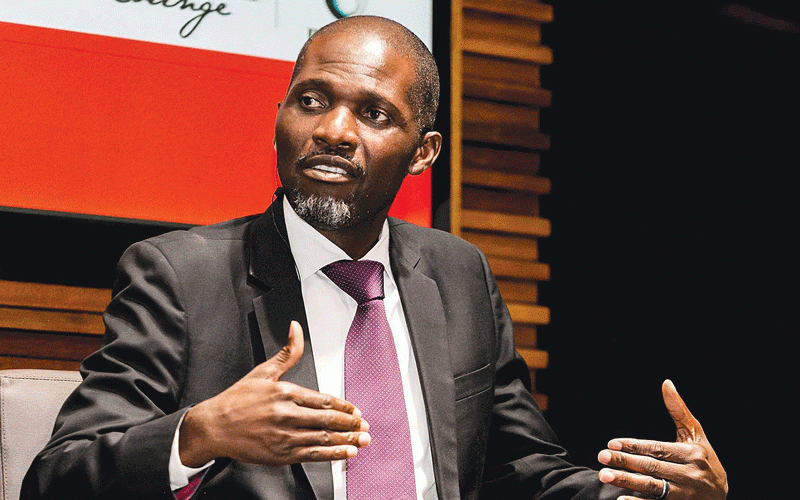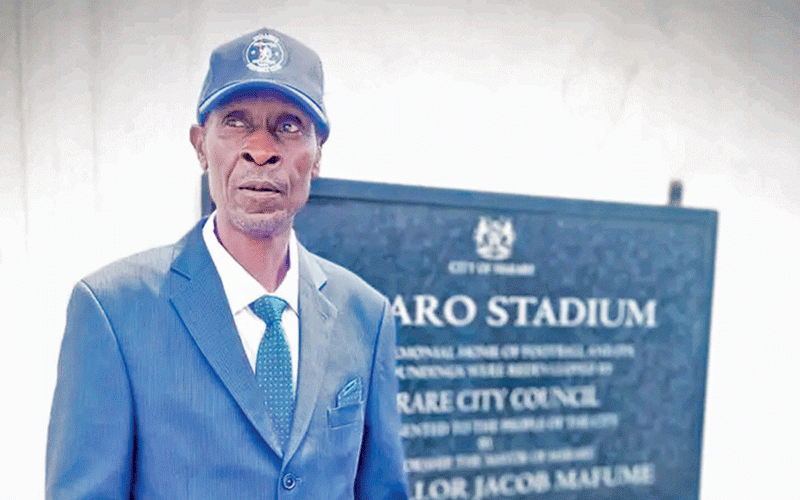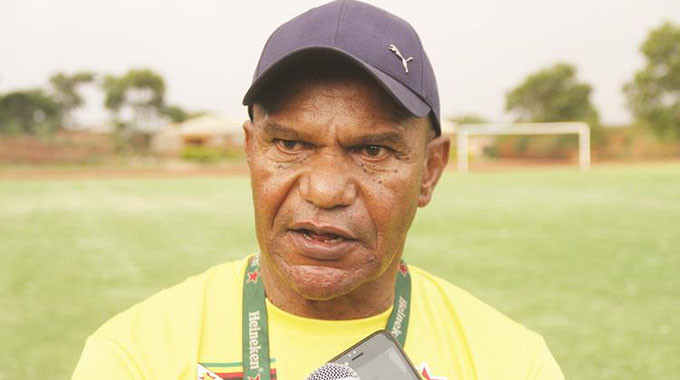
HARARE — If the Bombay-born Canadian broadcaster Lister Sinclair’s reasoning that, “a frightened captain makes a frightened crew” is close to the truth, then the opposite must apply as well. A brave leader must make for a brave lot. Cricket’s current captains prove that.
— Cricinfo
Graeme Smith is the obvious example. On the 26 occasions he has scored a century in a Test match, South Africa have not been beaten. When he goes big, the opposition goes home. Michael Clarke also established his leadership with the willow. He scored eight centuries in his first two years as captain, including three double hundreds and one triple. And then there’s MS Dhoni, who took India to an unprecedented treble: World T20 holders, World Cup winners and number 1 in Tests.
Although it was followed by a slump away from home, he has also been instrumental in their rebuilding.
Brendan Taylor is not mentioned among names like those just yet. But his performance against Bangladesh has inched him closer to being listed with them in future.
He became the first Zimbabwe captain, and third batsman from the country overall, to score a hundred in each innings of the match. He is the 12th captain to score twin tons — in doing so he bettered his own highest Test score — and he scored just eight fewer runs in the match than the entire Bangladesh team in both innings.
More than the numbers, however, the context of his innings was important. Both occasions when he came out to bat, Zimbabwe were in trouble. Both times, he hauled them out. Taylor did what most of the rest struggled to — he showed patience. Only Zimbabwe’s lower order did the same and by the time they got there, they had Taylor to follow as an example.
His first innings hundred was a struggle, reminiscent of Faf du Plessis’ against Australia in Adelaide last November. Du Plessis saved a match that even the coaching staff had written off by blocking out the noise, literally by trying to ignore the fielders’ voices and figuratively, because he isolated every ball as something to be survived.
- Chamisa under fire over US$120K donation
- Mavhunga puts DeMbare into Chibuku quarterfinals
- Pension funds bet on Cabora Bassa oilfields
- Councils defy govt fire tender directive
Keep Reading
For extended periods, Taylor had to do the same. He had to focus his attention away from Bangladesh’s constant chirping and on the next ball. He was lucky if once an over he could get one away for a single or a little further for two. If he got it far enough, because of the sluggish outfield, it would probably be three rather than four. Only 10 times, in an innings of 324 balls, did he manage to breach the boundary. It is no surprise that Taylor described it as his most patient innings.
He batted with slightly more freedom in the second, especially as the lead grew. That was a century with more urgency and a few of his more expansive shots were on display. Taylor’s technical improvements are noticeable simply because he moves his feet more. He has also become a powerful hitter of the ramp shot and the loft down the ground. With a lower order that can support him, he could become one of the best No.4s the county has ever had.
He could also become one of their best captains. That is a label Zimbabwe have not been able to pin on someone in recent years because for a while it seemed as though they had a rotation system in place for who would lead them.
During the 2000s, Zimbabwe had seven different Test captains and 13 ODI leaders. Four of them, Elton Chigumbura, Hamilton Masakadza, Propser Utseya and Taylor, are part of this squad.
The armband was not a prized object, given to someone who had earned the respect of his peers and the confidence of the administrators; it was an afterthought because it was a necessity. It got passed around from one to the next in the hope that someone could wear it without being weighed down by it, but none managed.
For some, like Streak, politics resulted in their standing down. For others, like Masakadza and Chigumbura, it affected their own game too much. The cautionary tale from all of their stints was that the right man would have to be able to juggle player problems with board issues and that was before he even stepped onto the field.
When Taylor was appointed in June 2011, he did not seem to be that man. He had no leadership experience prior to that and had run-ins with the authorities. What he had going for him, though, was that he was a senior member of the squad, had Test experience and was in good form.
He also carried none of the baggage of the Zimbabwe’s cricketing past. Taylor turned down an offer to join the white player walkout in 2004 because, at 18, he did not feel he needed to be part of the politics of the time. He just wanted to play cricket and he thought Zimbabwe was as good a place as any to do it.
That naivety did not last. Taylor has grown to understand that the sport is as much a political tool as food stamps. He also understands that not all of the changes were to be abhorred. Zimbabwe Cricket’s aggressive transformation was a necessity because, in the years after independence, it excluded the majority of the population. It is now a more integrated game and many of those who turned their backs on it, are involved again.
Taylor has been a bridge between the two groups. Listening to the crowd at Harare Sports Club applaud him from all sides is indication that he is respected and loved by people across the colour divide. His performances justify that adoration.
After an embarrassing tour of West Indies, a much-publicised financial crisis and a board that refuses to announce its new coach even though it is an open secret who that is, Taylor took a massive step forward in this Test and carried the team with him as he did. Importantly, he recognises the worth of both.
“It’s massive for me, to be named alongside of the Flowers who are two of our best cricketers. That’s a big honour,” he said. “But we’ve come out with a good result and that means a lot more to me. I work closely with the players and we have a great mutual respect and they make my job easier. I’ve still got a long way to go as a batsman and a captain, but I am improving. With performances like this we are going to improve as a whole.”











